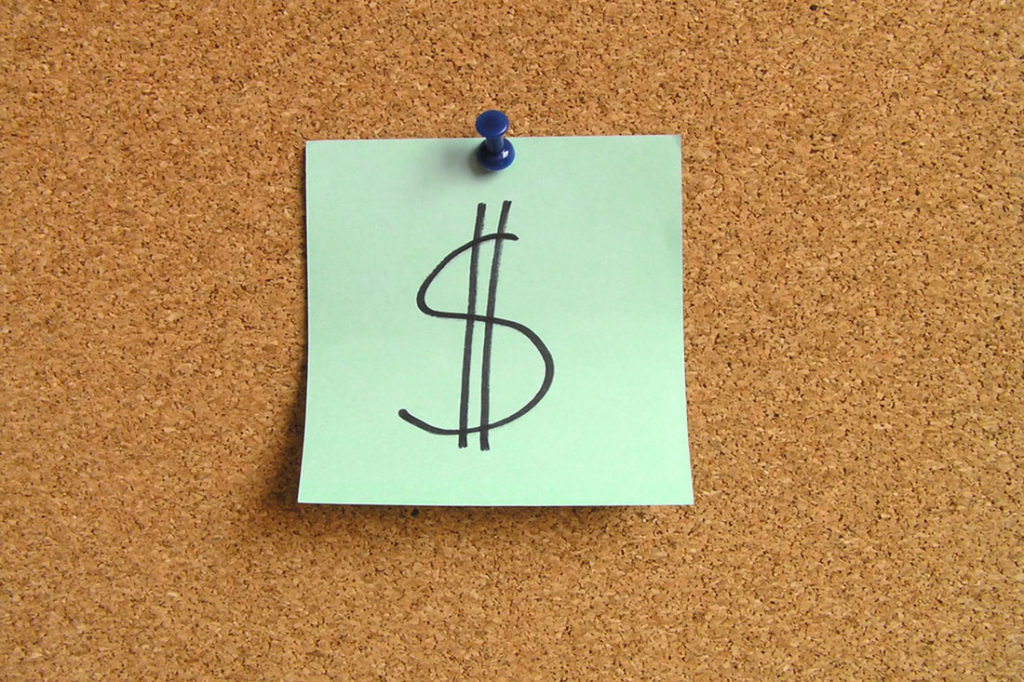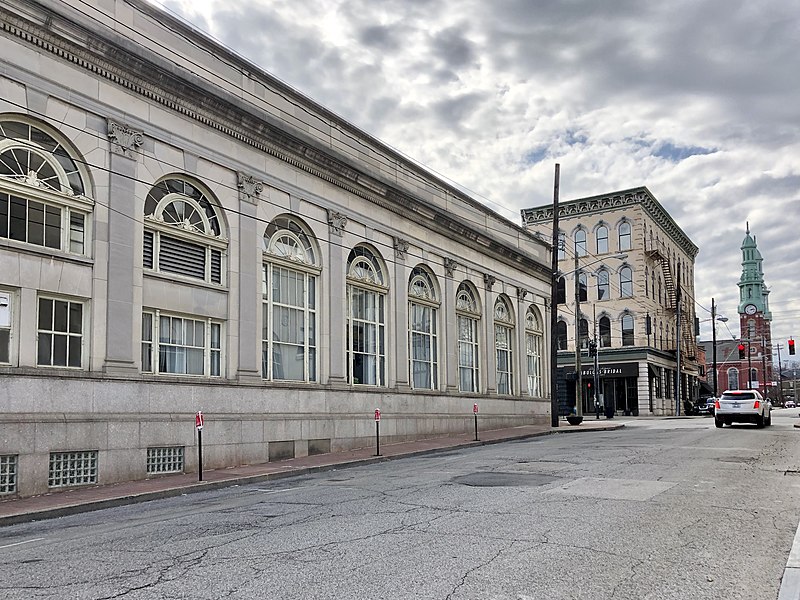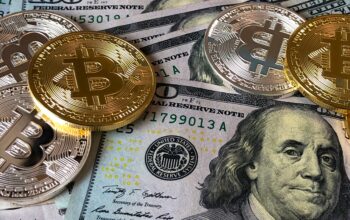If money is green, why does it matter if the bank is black?
It matters because even in 2020, African Americans are still largely underserved by the banking industry. Poor credit histories and limited income keep many from pursuing the American dream because some banks are not willing to give chances.
According to the U.S. Census Bureau, black homeownership was 41.7 percent in 1970. In 2018, it was 41.7 percent as well. And no, that’s not a typo. For all of the gains blacks have made, wealth accumulation is one area that is severely lacking. Years of discriminatory banking practices have led to generations of blacks in American having to meet higher standards than their white counterparts.
And it’s not just mortgages. Student loan debt, car loans and credit card debt have higher rates and balances for African Americans. It puts such a hurting on credit scores until many households turn to high-interest payday and title loans to help supplement their expenses.
Does this poor predicament mean that the larger banks are all racist to the core? Not necessarily. However, it does show that most bank executives (very few black, by the way) are not sensitive to the financial needs of black borrowers and investors. JPMorgan Chase bank, Wells Fargo Bank and Bank of America are just a few examples of banks that had to pay out when they were called out for discriminating against borrowers of color.
Enter the #BankBlack Movement. Initiated by Dr. Martin Luther King Jr. in his 1968 “I’ve Been to the Mountaintop” speech and revived by rapper Killer Mike in 2016 in response to police killings of #AltonSterling and #PhilandoCastile, the goal was to strengthened community based lending institutions. In the wake of #GeorgeFloyd and #RayshardBrooks, even more funds are being raised in the name of criminal justice reform. Imagine what good those deposits could do for the community in a black-owned banking institution?
Black banks offer the convenience of online banking, direct deposit and after-hours banking solutions similar to other banks. There are other added fringe benefits and resources that come with the territory of having executives who can appreciate the needs and interests of this segment of the community. For example, in December 2019 New Orleans based Liberty Bank gave all of its account holders tickets to a free Meet and Greet with Grammy Award Winner P.J. Morton. #Winning
The movie The Banker depicts the experience of Joe Morris and Bernard S. Garrett Sr., two of the first African Americans to own a bank in the United States. Upon seeing that discriminatory lending practices denied black residents in Garrett’s hometown in Texas access to mortgage and business loans, the duo bought a bank so they could call the shots and empower their people.
The ending of the movie was far from a fairy tale as Morris and Garrett fell prey – not to greed, but to the carelessness of a less experienced white front man whose actions lead to them being prosecuted for violating federal banking laws.
Morris, Garrett and many of trailblazers laid the path for more black-owned banks to emerge and thrive.
As of the fourth quarter of 2019, the FDIC listed 21 black-owned banks in its Minority Depository Institutions statement. In 1994, there were 54 lending institutions owned by and/or serving predominantly African American customers. In 2001, there were 48. Some of the decrease in numbers over the years is due to mergers among the banks. This list does not include black-owned credit unions.
Most, if not all of these banks, have branches in multiple cities near their region. Take a look at their websites for more details. Happy banking!
-Sojourner Justice
| BANK NAME | CITY/STATE | |
| Alamerica Bank | BIRMINGHAM, Alabama | |
| Commonwealth National Bank | MOBILE, Alabama | |
| Citizens Trust Bank | ATLANTA, Georgia | |
| Carver State Bank | SAVANNAH, Georgia | |
| Mechanics & Farmers Bank | DURHAM, North Carolina | |
| OPTUS Bank | COLUMBIA, South Carolina | |
| GN Bank | CHICAGO, Illinois | |
| Metro Bank (merged with Liberty in 2019) | LOUISVILLE , Kentucky | |
| First Independence Bank | DETROIT, Michigan | |
| Columbia Savings and Loan Association | MILWAUKEE, Wisconsin | |
| Liberty Bank and Trust Company | NEW ORLEANS , Louisiana | |
| First Security Bank and Trust Company | OKLAHOMA C, Oklahoma | |
| Tri-State Bank of Memphis | MEMPHIS , Tennessee | |
| Citizens Savings Bank and Trust Company | NASHVILLE, Tennessee | |
| Unity National Bank of Houston | HOUSTON , Texas | |
| Industrial Bank | WASHINGTON , D.C. | |
| The Harbor Bank of Maryland | BALTIMORE , Maryland | |
| Carver Federal Savings Bank | NEW YORK , New York | |
| United Bank of Philadelphia | PHILADELPHIA , Pennsylvania | |
| Broadway Federal Bank, f.s.b. | LOS ANGELES , California | |
| OneUnited Bank | BOSTON , Massachusetts |




